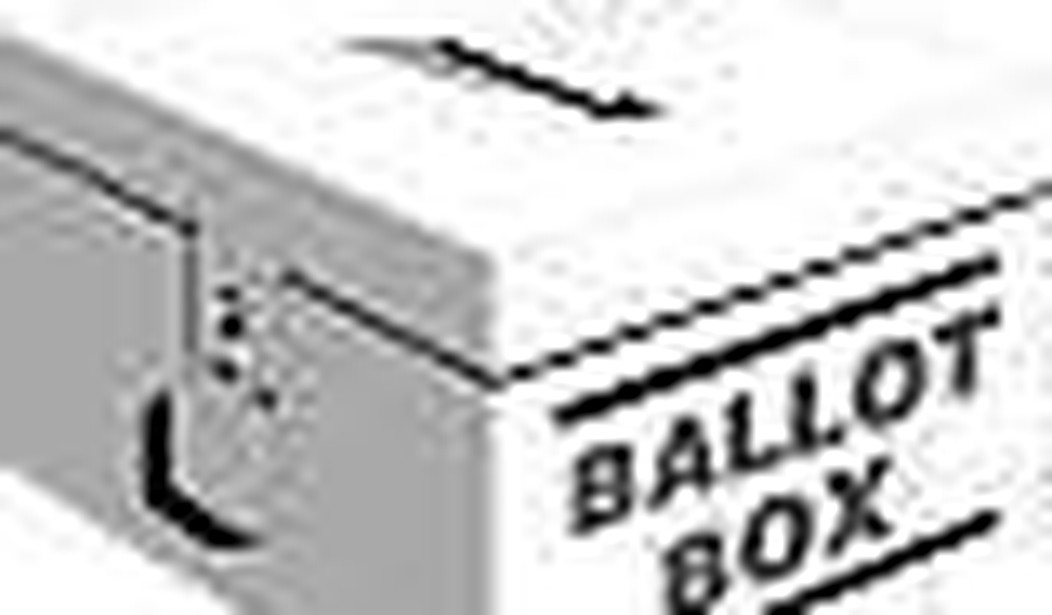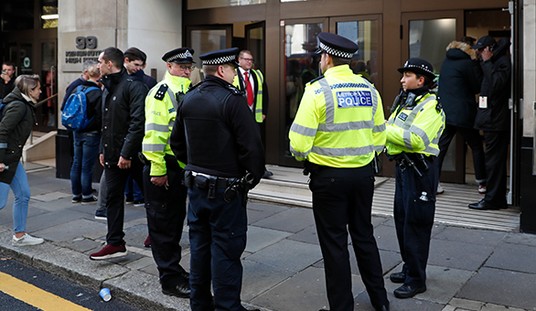Last week an eye-opening study by economist Dr. Anne Layne-Farrar was released concerning the possible impact of the Employee Free Choice Act on unemployment. As unemployment in the U.S. topped 8% last week, the study’s findings might give lawmakers pause before embarking on a major rewrite of American labor law.
The bottom line of the study is clear and stark:
The precise effect on unemployment will depend on the degree to which EFCA increases union density, but for every 3 percentage points gained in union membership through card checks and mandatory arbitration, the following year’s unemployment rate is predicted to increase by 1 percentage point and job creation is predicted to fall by around 1.5 million jobs. Thus, if EFCA passed today and resulted in an increase in unionization from the current rate of about 12% to 15%, then unionized workers would increase from 15.5 to 19.6 million while unemployment a year from now would rise by 1.5 million, to 10.4 million. If EFCA were to increase the percentage of private sector union membership by between 5 and 10 percentage points, as some have suggested, my analysis indicates that unemployment would increase by 2.3 to 5.4 million in the following year and the unemployment rate would increase by 1.5 to 3.5 percentage points in the following year.
The study explains that by increasing unionization, EFCA will have an adverse impact on current and future employment:
I find that, while card check union certification backed by mandatory two-year “contract” arbitration could be expected to increase union membership as hoped by EFCA proponents, EFCA is unlikely to achieve its main goal of improving social welfare, which should take into account possible consequences not only for union members but for all other individuals, because the proposed rules would likely have detrimental effects on the unemployment rate and job creation. These are two adverse effects that America can ill afford at any time, but especially at this time of recession. … Starting from the finding in the literature that card check systems increase in union density in comparison to an election system, I demonstrate empirically that an increase in union density this year would lead to an increase in the unemployment rate and a drop in the job creation rate in the following year.
The study also disputes a central premise of EFCA, namely that employers’ purported illegal tactics have prevented employees from unionizing. In fact, unionization has been decreasing worldwide and “there is ample evidence that modern employees have an array of likes and dislikes that differ significantly from past generations such that workers have found it less attractive to join unions than they have in previous years.” Dr. Layne-Farrar notes that other studies have already undercut the argument that alleged unfair labor practices by employers impede union organizing attempts.
In an exclusive interview with Pajamas Media, Dr. Layne-Farrar explained that her data comes from 22 years of Canadian experimentation with labor laws. A simple pattern emerged, when controlling for other factors: as card check rules were introduced, unionization went up and so did unemployment. When secret ballot rules were imposed, unionization went down and so did unemployment. While Canadian data was used, she explains that there is “remarkable similarity” between the two countries’ economies.
She essentially establishes — or confirms what others, including Obama adviser Larry Summers, have remarked upon — that increased “union density” raises wages and benefits for those unionized workers. That, in turn, causes employers to adjust hiring. She says, “A lot of firms face global competition. If wages and benefit costs go up they need to make adjustments to compensate.”
Dr. Layne-Farrar explains that such “adjustment” means that employers “may not fill positions or they may not expand and hire more workers.” Alternatively, they may choose to increase prices. In that event, “Consumers may choose to buy less or buy cheaper goods.” With reduced demand, employers have further incentive to cut back on hiring.
Do we have evidence for this phenomenon in the domestic car industry? Dr.Layne-Farrar cautions that she would not attribute all of the woes of U.S. car companies to labor obligations. But she says, “You have to accept that higher labor costs and the impact of the inflexibility of job rules — like the job bank which was not done away with until the bailout money came in” have contributed to their inability to compete against foreign owned companies that operate without such labor costs and work rules in the U.S.
Dr. Layne-Farrar makes a key observation: the supporters of EFCA themselves argue that the it will increase the wages and benefits for domestic workers. And if this is the case, whom do they think will pay the cost if not businesses and consumers? Only in a make-believe world with no competition can rising labor costs be absorbed without any impact on employers or consumers.
The implications of this study are sobering. Unemployment in the U.S. is heading, by some experts’ estimation, toward ten percent. These calculations do not account for any additional impact of EFCA. If the study is accurate, and no less than Larry Summers has agreed with the premise, then those pushing for card check need to answer a fundamental question. Is it worth additional unemployment to deliver the card check prize to Big Labor?
And for an administration supposedly focused on job creation, the Obama team will need to explain why it is spending time and energy on a legislative item which adversely impacts jobs.









Join the conversation as a VIP Member